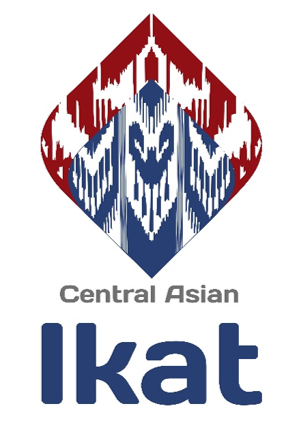About
The two Central Asian countries Uzbekistan and Tajikistan are not only linked by a common history and tradition, but also by the ancient Great Silk Road. The production and processing of silk used to require collaborative work of artisans of both countries across the border and has characterized the textile cultures of the region for centuries as well as today. The fabric “Ikat” in particular, which is a colourful masterpiece that requires special artisan skill in the dyeing process, represents a valuable cultural asset of Central Asian heritage. Today, however, many of the traditional silk value chains have broken apart, while the artisanship is close to vanishing as both countries have struggled to preserve business and trade relations between Uzbekistan and Tajikistan after the collapse of the Soviet Union. In addition, the manufacturing of silk products requires various wet processes, which is particularly difficult as both countries depend on the shrinking water resources of neighbouring countries and are increasingly faced with water shortages. Important sources of water like the Aral lake are degenerating, while the replacement of natural with synthetic dyes in silk processing risks additional pollution of this scarce resource.
As an EU Switch Asia project, “RUTSIS” aims to reconnect the fragmented parts of Uzbek and Tajik silk value chains across the border and at the same time introduces or revives sustainable practices in the production. In doing so, the project reintegrates formerly used organic dyes and promotes a sustainable treatment of water in general and wastewater in specific. In addition, the project supports the adoption of circular design practices. The countries moreover benefit from the international approach of the project, which includes the certification of bio silk and the facilitation of access to local and global markets, further strengthening the position of Uzbekistan and Tajikistan as countries of origin for silk products.
adelphi is the lead applicant for this project and is supported by several local and international partners. Besides project steering and coordination, one of adelphi's main tasks is to match potential partners along the lines of silk value chains and to support the introduction of sustainability principles in regulatory frameworks regarding the silk and Ikat production. A German university (Kunsthochschule Burg Giebichenstein) supports the project alongside representatives from the Uzbek and Tajik ministries of industry as well as two textile craft associations, one from each country. With a project timeline of three years, adelphi and its partners will be actively engaged in the project until 2023.

